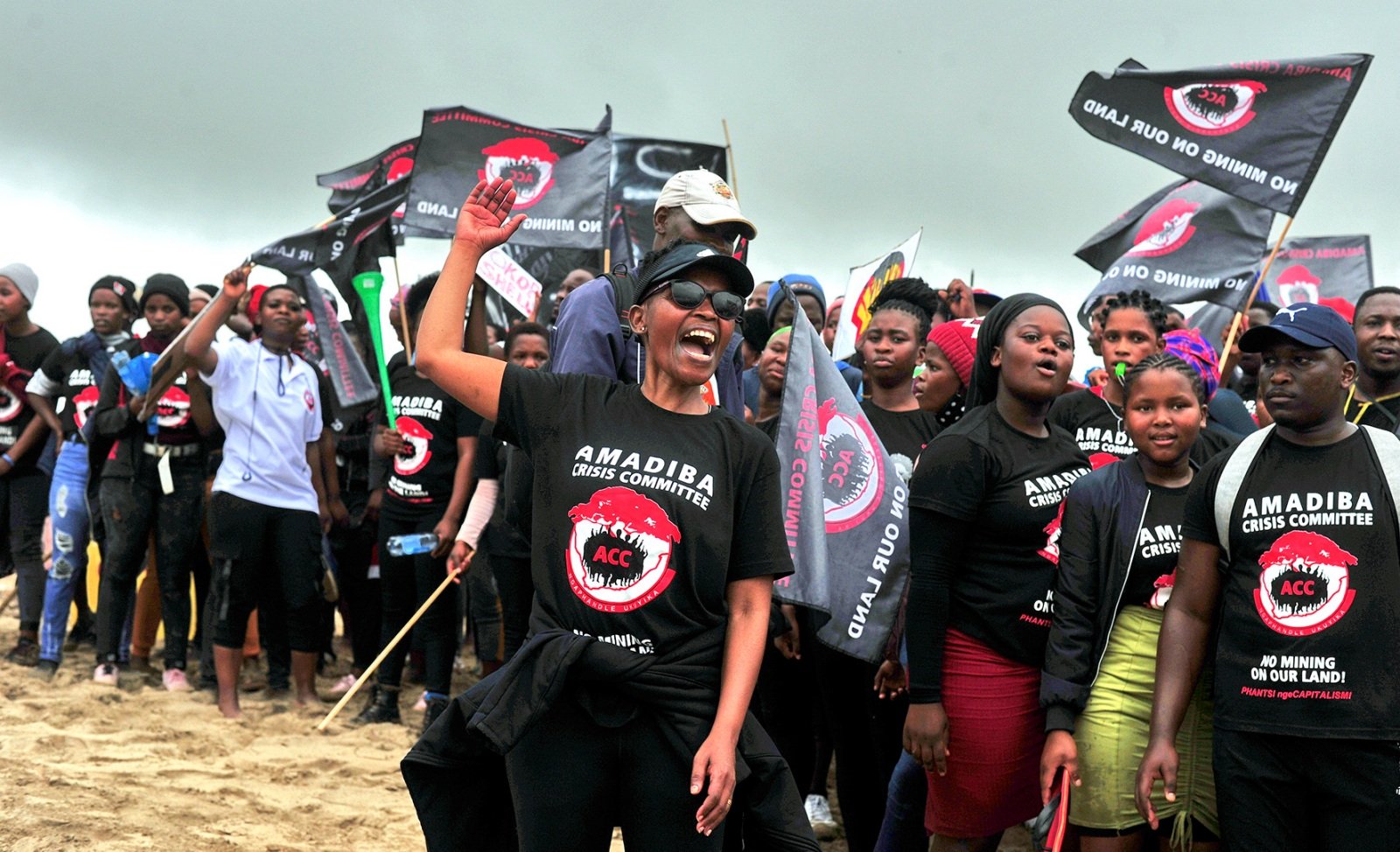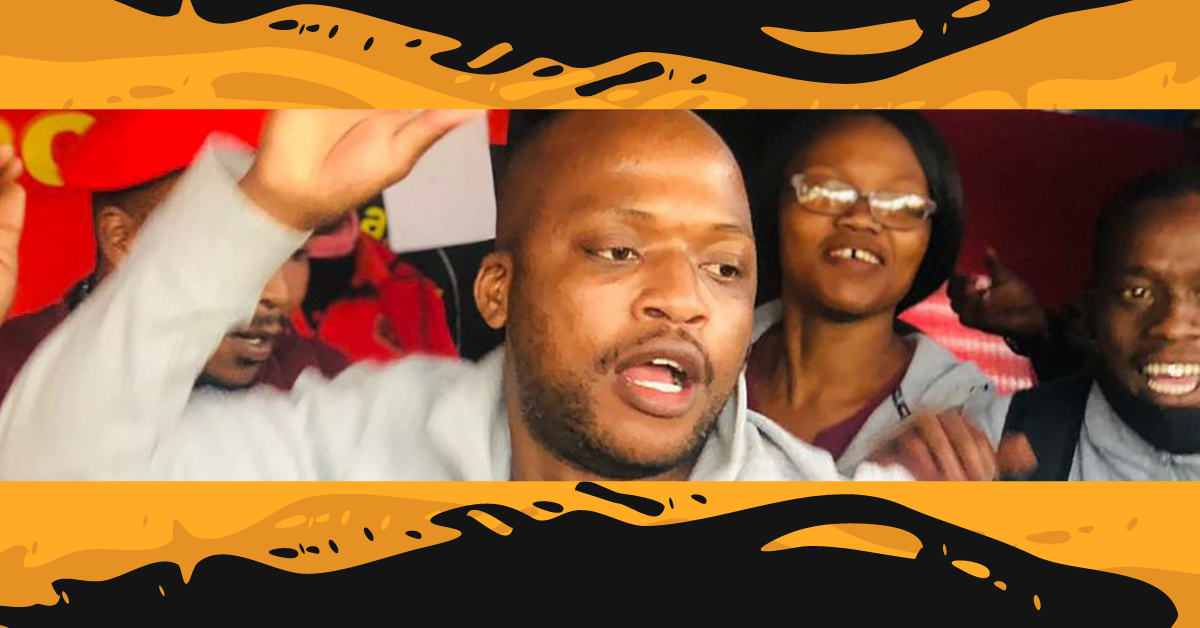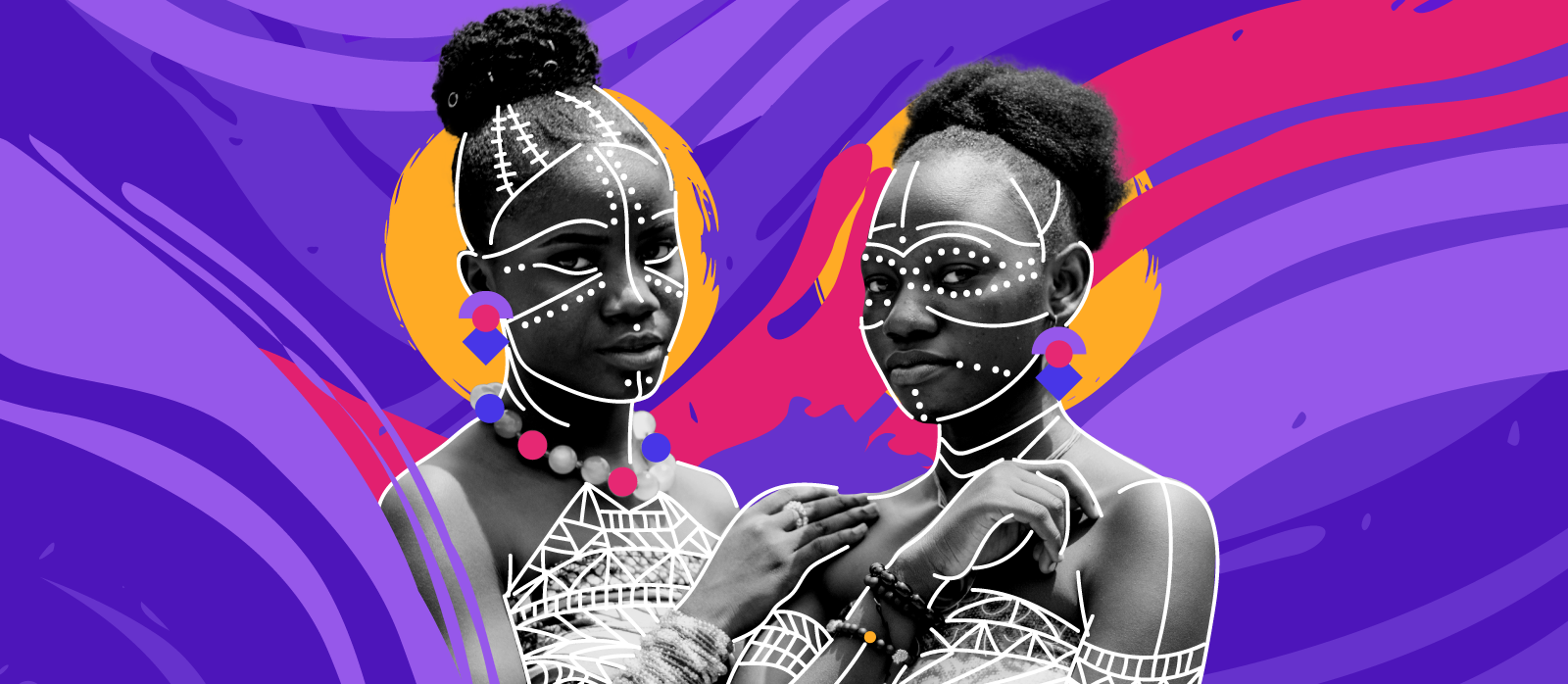Dissecting Success: Shell vs the Wild Coast and how the corporation was stopped (for now)

Guest post by Zahra Dalilah, former African Diaspora Partnerships Manager
Climate justice activists in South Africa sailed into 2022 with a substantial win against the oil giant Shell. Shell’s plans to begin hunting for oil and gas in the oceans that shore up on Kwa-Zulu Natal’s Wild Coast were halted as the courts sided with impacted communities and activists over the multinational corporation.
Shell have since “paused” their plans although campaigners are quick to point out that the struggle is far from over.
Amadiba Crisis Committee, South Durban Community Environmental Alliance and Abahlali baseMjondolo, a few of our partners in the region, were all active in the struggle, mobilizing their respective communities to shut Shell down.
In this blog, we break down how they won against a corporation worth hundreds of billions of US dollars and whose oil and gas exploitation has disrupted communities and ecological systems in dozens of countries. Plus, we reflect on how we can turn this inspiration into action by applying the lessons this victory teaches us.
The Tactics
1. Strategic Litigation
For Africans, Afrodescendents and Black peoples the idea of a judge taking our side can feel unlikely, suspicious even. It’s true, our freedoms have and will never be gifted to us through the oppressive government structures of justice and accountability. Nonetheless, with the right case at the right time, the kind of regulation that activists fight tooth and nail for can bear fruit when wrongdoing is caught and called out. It was South Africa’s 2014 environmental legislation which threw a spanner in the works of Shell’s proposed seismic testing. Shell’s plans were approved before a more rigorous procedure was put in place which shed doubt on whether sufficient information was known about their plans.
The win against Shell was not the first time that strategic litigation was used as a tool by the Amadiba Crisis Committee to stand up to the corporations attempting to displace them in the pursuit of their natural resources. The first case that the Amadiba Crisis Committee ever brought was against the South African government. This was a landmark judgement that declared that communities must be consulted before mining can take place on their land.
2. Take it to the streets
Nothing says “NO” like thousands of people flooding the streets with symbols, slogans and chants marching in unison. #ToHellWithShell reverberated through the internet and the streets as people mobilized in solidarity with the impacted communities, travelling in from Cape Town and beyond.
What is essential in moments like this is that whilst people showed up in impressive numbers, the leadership remained with Amadiba Crisis Committee, and other directly impacted community groups. When people marched, it was in solidarity, not savior-ism.
When leadership and solidarity operates in this way, the decisions about how to approach a situation which would change lives are made by those whose lives are to be changed.
3. Boycotts and petitions
Alongside litigation and mobilization, campaigners also boycotted Shell across Kwa-Zulu Natal (KZN) and ran online petitions garnering hundreds and thousands of signatures.
Whilst alone these tactics may not have dented the enormous machine that is Shell in the weaving of these distinct tactics through a coordinated multi-directional strategy to stop Shell – they were successful.
What can we learn?
Shell’s tests would have been devastating to the whales and marine life in the ocean and the people who culturally, spiritually and materially live interdependently with the waters.
This case was won on the grounds of Shell’s failure to engage the community and provide evidence that the process of seismic testing would not endanger marine life. This demonstrates that when we center the rights and knowledge of local Indigenous communities, the decisions that emerge represent what is best not just for those communities, but for all of us. When we embrace human interdependence with the land and the waters, we see that taking care of any life, marine or human, is taking care of all life.
Secondly, learning from the protestors in KZN, we can deepen our understanding of what it means to show up in solidarity, not swoop in and try to save the situation.
The lessons here for the philanthropic space are abundant. For grantmakers and institutions to center Indigenous rights and knowledge means de-centering what philanthropy thinks is best for frontline communities. Instead of only funding what fits into a narrow perception of what ‘should’ be happening, we can listen out for where people are responding, holding their ground and creating alternatives. Trust-based giving which recognizes the leadership of Indigenous Africans does not prescribe what money should be spent on or dictate which projects should take place.
Finally, as each of our partners, Amadiba Crisis Committee, South Durban Community Environmental Alliance and Abahlali baseMjondolo, showed up for not just themselves but for each other, for their comrades, so too can those of us in philanthropy show up for the activists fighting for economic justice, food sovereignty, and climate justice. Philanthropy is not a social movement, but those within it can get organized to fund the social movements fighting for our futures.
Related Stories



